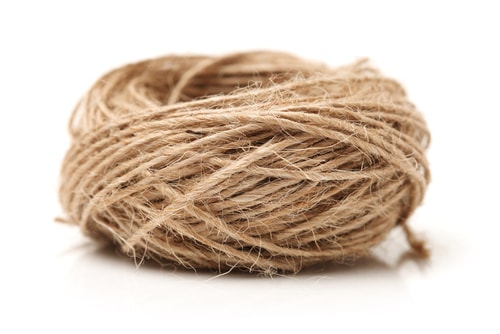Events taking place from June 1st -7th, 2015
By Diego Flammini, Farms.com
In an effort to raise awareness about hemp and its place as a sustainable, versatile and profitable agricultural product, the Hemp Industries Association (HIA) and Vote Hemp are putting together the 6th annual Hemp History Week, set to take place from June 1st – 7th, 2015.
The weeklong celebration, whose theme is “Sow the Seed” will highlight the many different industries that can benefit from hemp crops including manufacturing and cooking.
It will also highlight the spring planting and progress in the states that already allow large-scale hemp farms.
One of, and perhaps the main issue affecting hemp’s place as an agricultural commodity is that it’s closely associated with marijuana.
Here are some things that set hemp apart from marijuana:
- While both marijuana and hemp are classified as the Cannabis sativa, hemp is taller and has less than 0.3% of THC, the chemical responsible for the effects of marijuana.
- When hemp is grown and harvested on a large scale and used for things like oil, wax, soap, rope and paper, it can be classified as agricultural or industrial hemp.

According to the Kentucky Department of Agriculture, retail sales of all hemp-based products in the United States could be worth approximately $300 million per year.
In 1938, Popular Mechanics deemed hemp the new billion-dollar crop.
Currently there are 13 states in the US that allow for commercial hemp farming: California, Colorado, Indiana, Kentucky, Maine, Montana, North Dakota, Oregon, South Carolina, Tennessee, Vermont, Virginia and West Virginia.
Tell us your thoughts about Hemp History Week and the events taking place. If you’re a hemp farmer, what are some of the myths that need to be dispelled surrounding hemp?